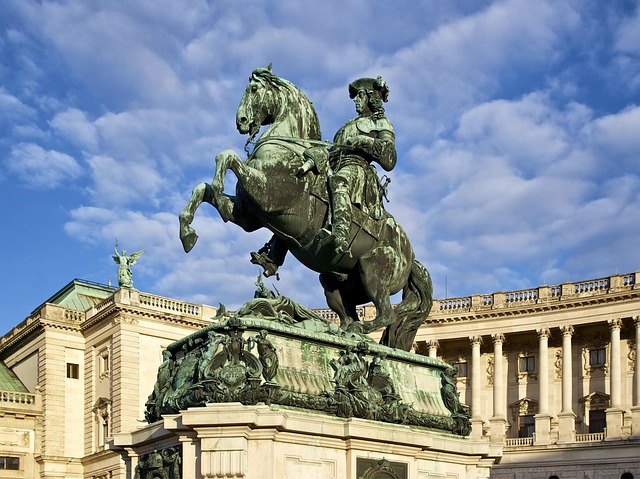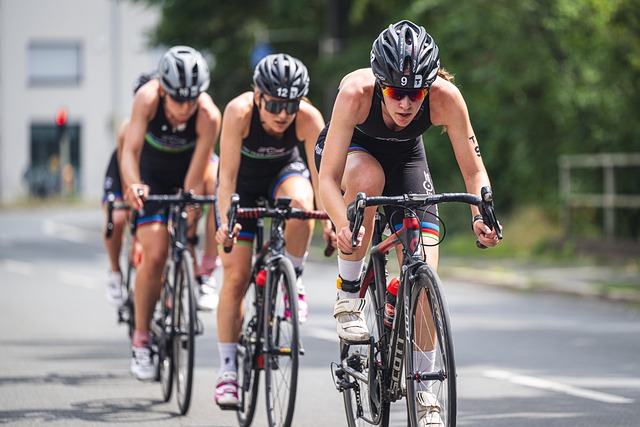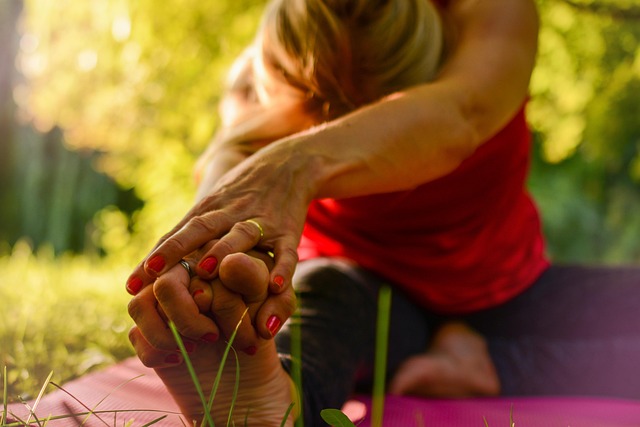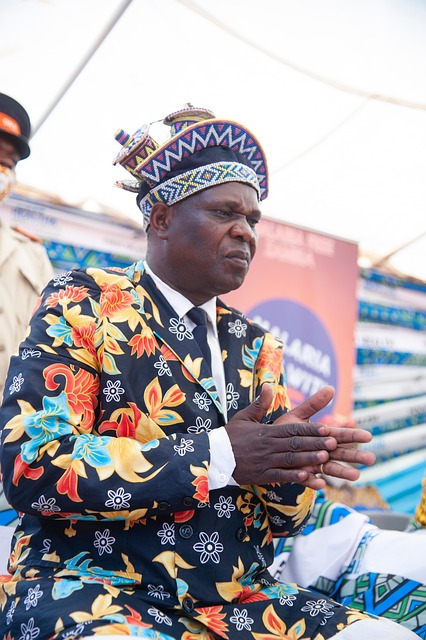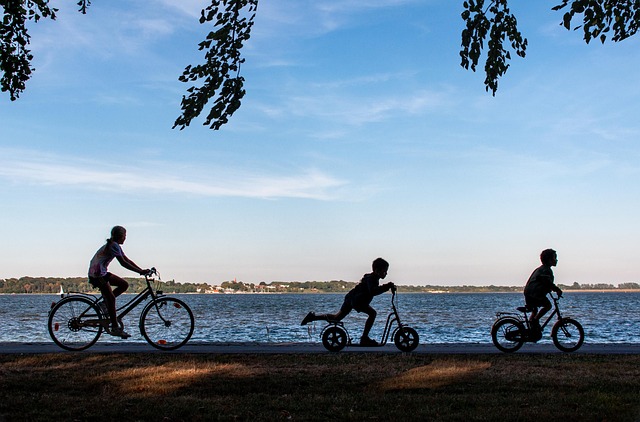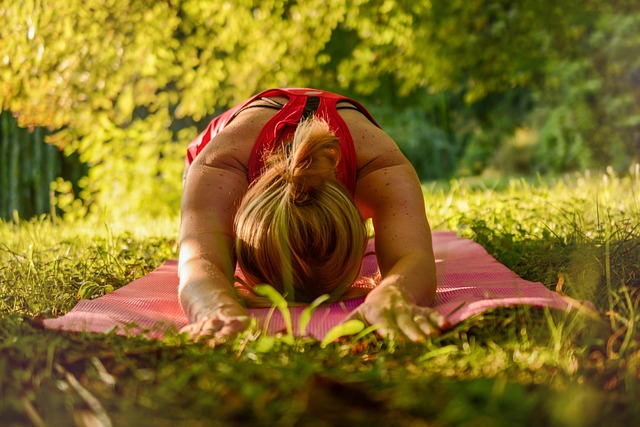Category: Recreational Activities for Seniors in Eugene Oregon
Recreational Activities for Seniors in Eugene, Oregon: Enhancing Golden Years
Introduction
In the vibrant city of Eugene, Oregon, seniors have an abundance of opportunities to engage in recreational activities that cater to their unique needs and interests. This comprehensive guide delves into the diverse range of options available, highlighting how Eugene fosters an active and fulfilling lifestyle for its aging population. From outdoor adventures to social gatherings, cultural events, and community initiatives, this article explores the many facets of recreational engagement for seniors, ultimately emphasizing the city’s commitment to enhancing the golden years.
Understanding Recreational Activities for Seniors in Eugene, Oregon
Recreational activities for seniors encompass a broad spectrum of organized and informal pursuits designed to promote physical, mental, and social well-being. In Eugene, these activities are tailored to cater to the specific needs and interests of older adults, ensuring they remain active, connected, and engaged with their community. Core components include:
- Outdoor Adventures: Hiking, biking, and nature walks in the city’s abundant parks and trails.
- Social Programs: Regular social gatherings, game nights, and book clubs foster connections and combat loneliness.
- Cultural Events: Local art galleries, theaters, and music venues offer enriching cultural experiences.
- Community Initiatives: Senior centers provide a space for fitness classes, workshops, and social activities.
- Volunteer Opportunities: Giving back through volunteering allows seniors to contribute to the community while staying active.
Historically, recreational programs for seniors have evolved from isolated initiatives to become integral parts of urban planning, recognizing their significant role in improving quality of life and promoting healthy aging. In Eugene, this shift is evident in the city’s dedicated resources and partnerships with local organizations to create a vibrant and inclusive environment for older adults.
Global Impact and Trends
The concept of recreational activities for seniors has garnered international attention, with cities worldwide seeking to emulate successful models. Eugene’s approach has been featured in global studies as an exemplary framework, highlighting its holistic nature and community-centric design. Key trends shaping this sector globally include:
| Global Trends | Impact |
|---|---|
| Age-Friendly Cities: Many metropolitan areas are adopting strategies to create environments that cater to seniors, mirroring Eugene’s commitment to making the city accessible and enjoyable for all ages. | Increased participation in community activities and improved overall well-being among seniors. |
| Technology Integration: The incorporation of digital tools has transformed recreational programs, offering virtual options and enhancing accessibility for those with limited mobility. | Broader reach and increased participation, especially in rural areas. |
| Intergenerational Programs: Encouraging interactions between generations fosters a sense of community and mutual learning. | Enhanced social connections and intergenerational understanding. |
Regional variations exist, with each city adapting best practices to suit local cultures and needs. For instance, European cities often emphasize walking tours and historical excursions, while Asian metropolitan areas focus on traditional arts and cultural heritage activities.
Economic Considerations
The economic impact of recreational activities for seniors is multifaceted, contributing to both the local and national economies:
- Local Businesses: Senior-focused events and programs stimulate local businesses, including restaurants, shops, and tourism sectors.
- Healthcare Costs: Active lifestyles and social engagement can reduce healthcare expenses by promoting better physical and mental health outcomes.
- Community Development: Investments in senior recreational infrastructure and facilities enhance the overall quality of life, attracting residents and boosting property values.
- National Trends: According to a study by AARP (2021), older adults who participate in leisure activities have higher levels of satisfaction with life and are less likely to experience depression. This translates into significant savings for healthcare systems.
Technological Advancements
Technology plays a pivotal role in enhancing recreational experiences for seniors in Eugene:
- Online Registration: Digital platforms streamline the process, making it convenient for participants to enroll in various programs and events.
- Virtual Reality (VR) Experiences: Local senior centers have introduced VR technology, offering immersive adventures without leaving home, from virtual hikes to cultural excursions.
- Mobile Apps: Dedicated apps provide real-time updates on community events, fitness classes, and social gatherings, ensuring seniors stay informed.
- Telehealth Services: During the COVID-19 pandemic, telehealth became essential, allowing for remote consultations, exercise classes, and social check-ins.
These innovations not only cater to technical-savvy seniors but also bridge the digital divide by providing alternatives for those who prefer traditional methods.
Policy and Regulation
Local policies and regulations play a crucial role in shaping recreational programs for seniors:
- City Planning: Eugene’s comprehensive planning initiatives prioritize accessible public spaces and green areas, ensuring seniors have ample opportunities for outdoor recreation.
- Funding Allocation: The city allocates dedicated funds for senior services, including recreational programs, transportation, and access to technology.
- Partnerships: Collaborations between local governments, non-profit organizations, and community centers ensure a diverse range of activities catering to various interests.
- Transportation Services: Subsidized bus passes and shuttle services enable seniors to easily access recreational venues and events.
Nationally, the Older Americans Act (OAA) is a cornerstone of senior services, providing funding for community programs and ensuring accessibility for all eligible individuals.
Challenges and Criticisms
Despite its numerous benefits, the recreational landscape for seniors faces several challenges:
- Accessibility: Ensuring equal access to programs for all seniors, including those with disabilities or limited mobility, remains a priority.
- Financing: Maintaining consistent funding for these services is an ongoing concern, requiring diverse revenue streams and community support.
- Volunteer Availability: Many programs rely heavily on volunteers, which can be challenging to sustain over time.
- Intergenerational Attitudes: Overcoming stereotypes and fostering positive interactions between generations within recreational settings is essential for long-term success.
Proposed Solutions:
- Implement universal design principles in recreational facilities and programs to enhance accessibility.
- Diversify funding sources through public-private partnerships and grants.
- Encourage community involvement by targeting local businesses and organizations for volunteer support.
- Educate both generations on the benefits of intergenerational activities through awareness campaigns.
Case Studies
1. The Sunday Brunch Club: A Social Haven
This popular initiative brings seniors together for a weekly brunch at a local restaurant, followed by a walk in the nearby park. Organized by a group of volunteers, it has become a social cornerstone for the community. The case study highlights:
- Impact: Increased social connections and improved mental well-being among participants, as evidenced by regular attendance and positive feedback.
- Key Factors: Accessibility (the venue is wheelchair-friendly), affordability ($10 per person, subsidized by local businesses), and the welcoming atmosphere created by volunteers.
2. Tech Savvy Seniors: Bridging the Digital Divide
A partnership between a senior center and a local tech store offers free computer classes tailored to seniors’ needs. The program addresses digital literacy concerns and empowers older adults to engage in online recreational activities:
- Outcomes: Enhanced digital skills, increased participation in virtual events, and improved confidence in using technology for communication and entertainment.
- Lessons Learned: Customized training and ongoing support are essential to building digital literacy among seniors.
Future Prospects
The future of recreational activities for seniors in Eugene holds immense potential for growth and innovation:
- Personalized Programs: Utilizing data analytics, recreational services can offer tailored programs based on individual interests and abilities, ensuring higher participation rates.
- Digital Integration: Expanding digital offerings will be crucial to cater to tech-savvy seniors and those with limited mobility. Virtual reality and augmented reality technologies could revolutionize outdoor adventures and cultural experiences.
- Intergenerational Collaboration: Encouraging joint initiatives between schools and senior centers can foster community bonds and provide unique learning opportunities for both generations.
- Sustainable Funding: Diversifying funding sources through public-private partnerships and community fundraising will be essential to support long-term programs.
Conclusion
Recreational activities for seniors in Eugene, Oregon, represent a thriving ecosystem that enriches the lives of its aging population. Through a comprehensive approach that combines physical activities, social engagement, cultural events, and technological advancements, the city sets an example for urban centers worldwide. By addressing challenges, learning from successful initiatives, and embracing emerging trends, Eugene continues to enhance its reputation as a leader in senior recreational programming, ensuring its seniors enjoy fulfilling and active lives.
FAQ Section
Q: What types of outdoor activities are available for seniors in Eugene?
A: Eugene boasts an extensive network of parks and trails suitable for various outdoor pursuits, including hiking, biking, bird watching, and nature photography. The city also organizes group walks and guided tours in nearby natural areas.
Q: Are there any cultural events specifically catering to seniors?
A: Absolutely! Local art galleries host senior-focused exhibitions, and theater companies offer matinee performances with discounts for older adults. Music venues regularly feature local talent, creating opportunities for seniors to enjoy live performances.
Q: How can seniors stay connected socially during the winter months?
A: The city’s recreational centers provide a warm and welcoming environment for social gatherings, game nights, book clubs, and fitness classes throughout the year. Many programs also offer outdoor activities during milder winter days.
Q: Can technology help seniors overcome loneliness?
A: Yes, technology plays a significant role in combating loneliness. Video calling platforms, social media groups, and mobile apps dedicated to senior networking connect individuals with similar interests, fostering meaningful conversations and social connections.
Q: What resources are available for seniors who want to get involved in community initiatives?
A: Local senior centers serve as hubs for community involvement, offering opportunities to volunteer, participate in board meetings, or contribute to local charities. The city’s website provides a dedicated section for volunteering, making it easy for seniors to explore options tailored to their interests and abilities.
